Cats are mysterious creatures, often shrouded in enigma and grace. However, just like humans, they can suffer from emotional downfalls. Recognizing the signs of depression in your feline friend is crucial, as it can significantly impact their overall well-being. Understanding the reasons behind your cat’s gloom can be the first step towards restoring their happiness. Let’s delve into the possible reasons why your cat might be feeling blue.
1. Lack of Stimulation
Cats are naturally curious animals with a penchant for exploration. If your home doesn’t offer enough stimulation, your cat might feel bored and, consequently, depressed. Just like a child in a dull classroom, a cat needs toys, climbing trees, and interactive playtime to keep their mind active. Without these, they may become lethargic and disinterested in their surroundings. Adding variety to their environment can help reignite their zest for life.
2. Loss of a Companion
Cats can form deep bonds with other pets or family members. When a beloved companion is no longer around, it can leave a gaping void in their lives. This loss can manifest as depression, with signs like excessive sleeping or disinterest in daily activities. Imagine losing a close friend; it’s only natural to feel down. Helping your cat through this transition with extra attention and love can aid in their emotional recovery.
3. Changes in Routine
Cats thrive on consistency. Sudden changes, such as a new work schedule or moving to a new house, can disrupt their sense of stability. Such alterations can lead to anxiety and, over time, depression. Ensuring a smooth transition and maintaining some semblance of their old routine can help ease their stress. It’s like adjusting to a new job; it takes time and patience.
4. Physical Pain or Illness
Physical discomfort can significantly affect a cat’s mood. Chronic pain or underlying health issues can lead to a decline in their mental state. Just as a toothache might make a person irritable, an undiagnosed ailment can make a cat withdrawn. Regular vet check-ups are essential to rule out or address any health concerns, ensuring your cat stays both physically and emotionally healthy.
5. Lack of Social Interaction
While cats are often seen as solitary creatures, they do enjoy socializing, especially with their human companions. A lack of interaction can leave them feeling isolated and neglected. Even a simple daily play session can make a world of difference. Think of it as catching up with an old friend; it lifts the spirits and reinforces bonds.
6. Environmental Stressors
Loud noises, unfamiliar scents, or even a new pet in the neighborhood can be stress triggers for cats. These stressors can make them feel threatened, leading to anxiety and eventual depression. Creating a calm environment with safe spaces for them to retreat can alleviate their stress. It’s akin to finding a quiet corner in a bustling city when you need a moment of peace.
7. Aging
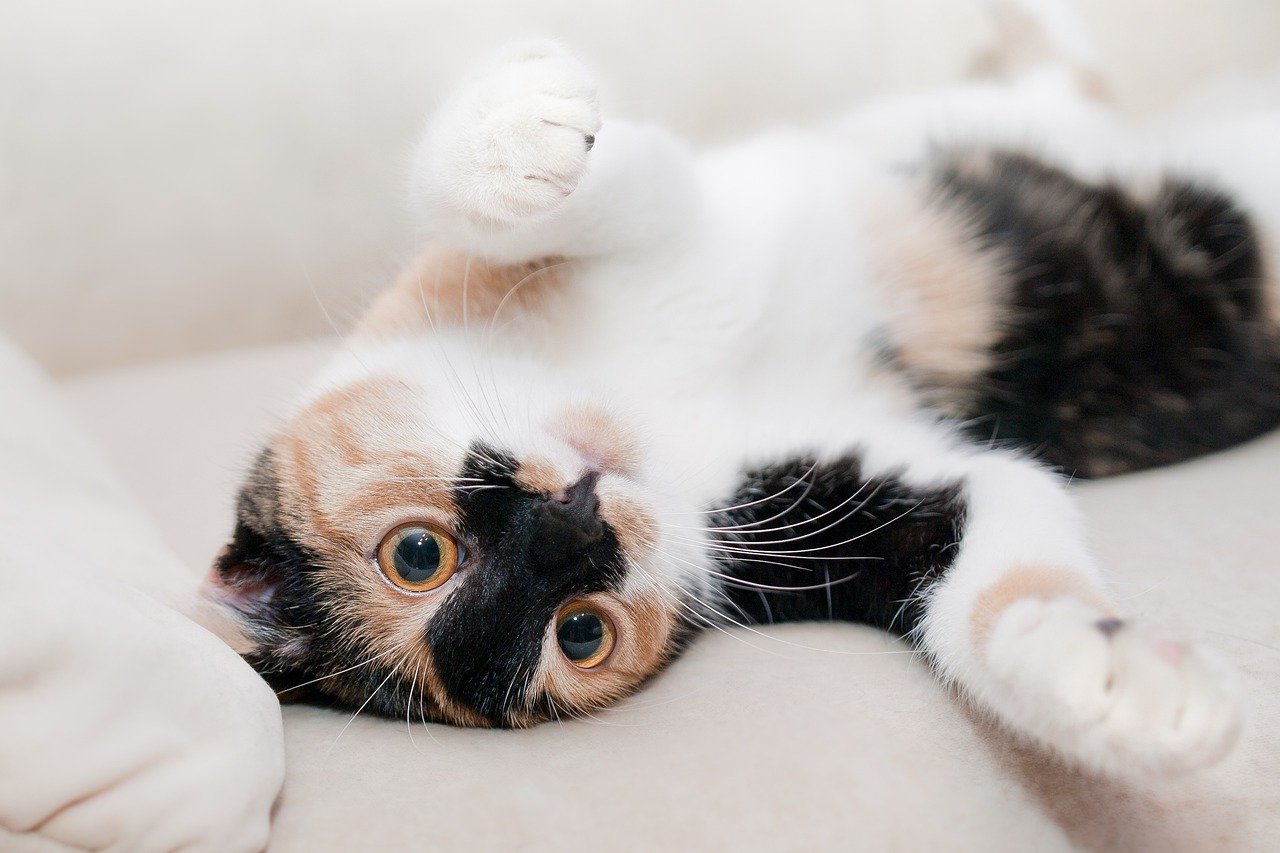
As cats age, they may experience cognitive changes similar to humans. These changes can result in confusion and depression. An older cat might seem less interested in activities they once loved. Providing them with age-appropriate toys and ensuring they have a comfortable space can help keep their spirits high as they navigate their golden years.
8. Insufficient Diet
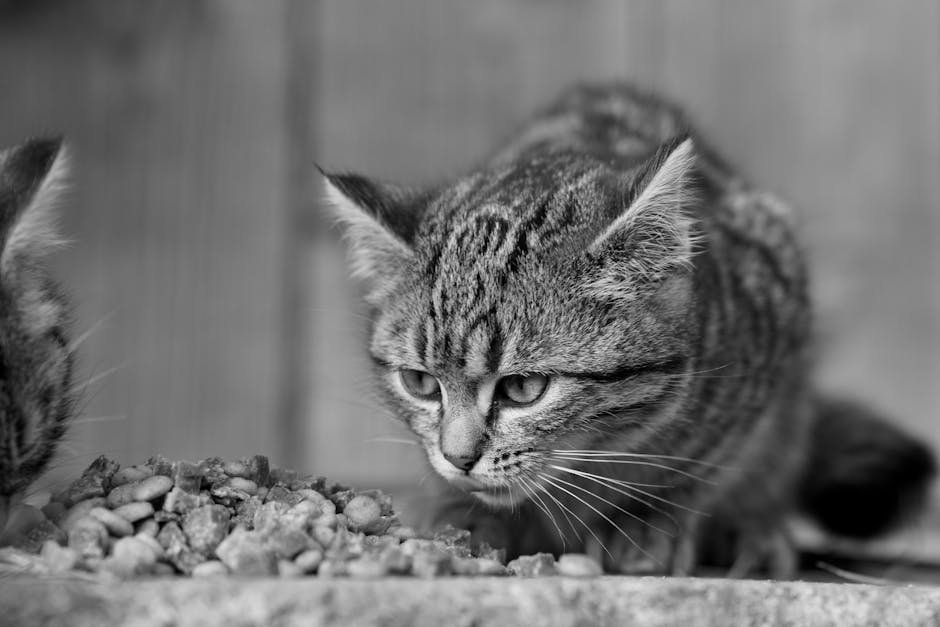
A poor or unbalanced diet can adversely affect a cat’s mood. Just as a lack of nutrition can make humans feel sluggish, it can impact a cat’s energy levels and overall happiness. Ensuring they receive a balanced diet rich in essential nutrients is vital. It’s like fueling a car; without the right fuel, it won’t run smoothly.
9. Overcrowding
While some cats enjoy the company of others, too many pets in one space can lead to territorial disputes and stress. This overcrowding can cause a cat to become withdrawn and depressed. Ensuring each pet has its own space and resources can help maintain harmony. It’s similar to sharing a room with too many people; everyone needs their own corner to relax.
10. Neglect
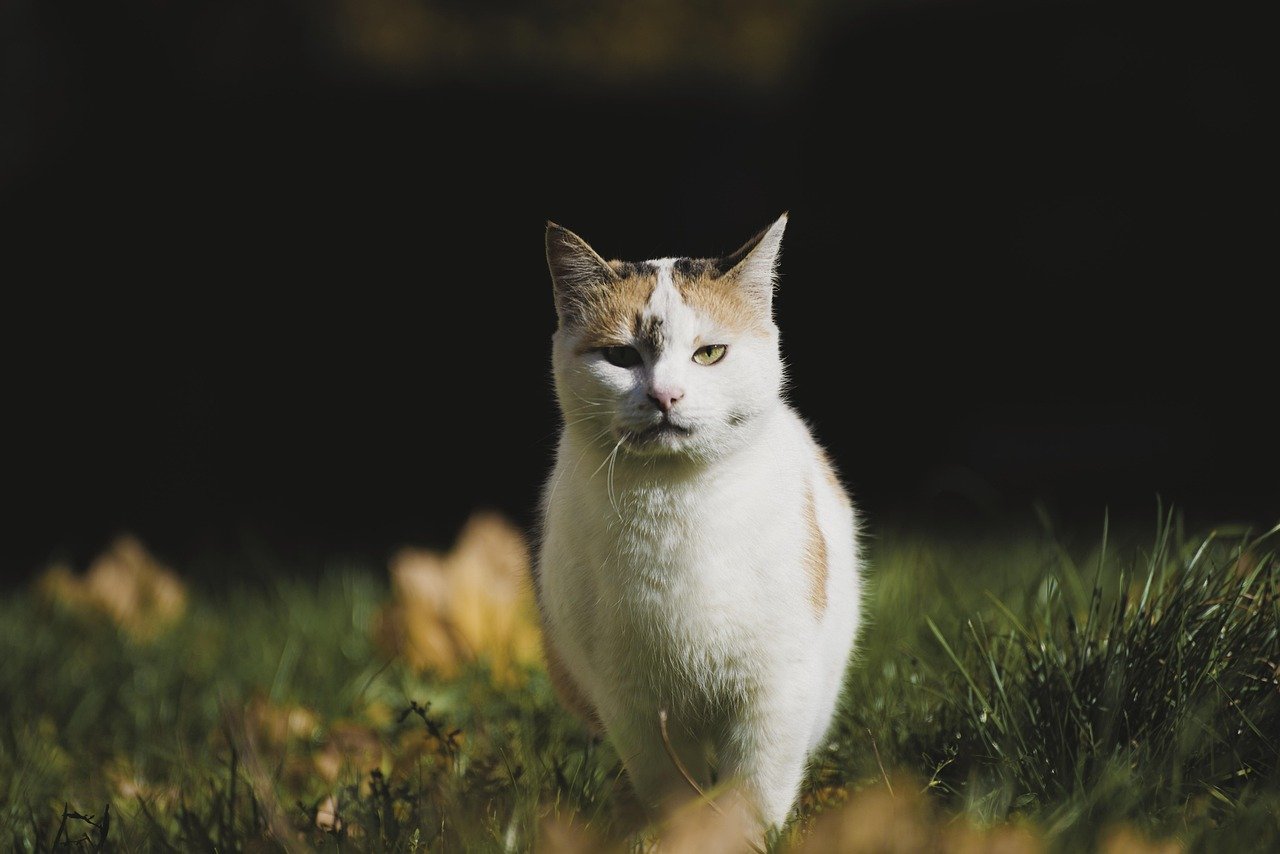
Neglect doesn’t always mean intentional harm. Sometimes, busy schedules can lead to unintentional neglect of a pet’s needs. A lack of attention and care can make a cat feel unloved and depressed. Setting aside dedicated time each day for your cat can make them feel cherished and secure. It’s a simple gesture, like sending a thoughtful message, but it speaks volumes.
11. Unresolved Trauma
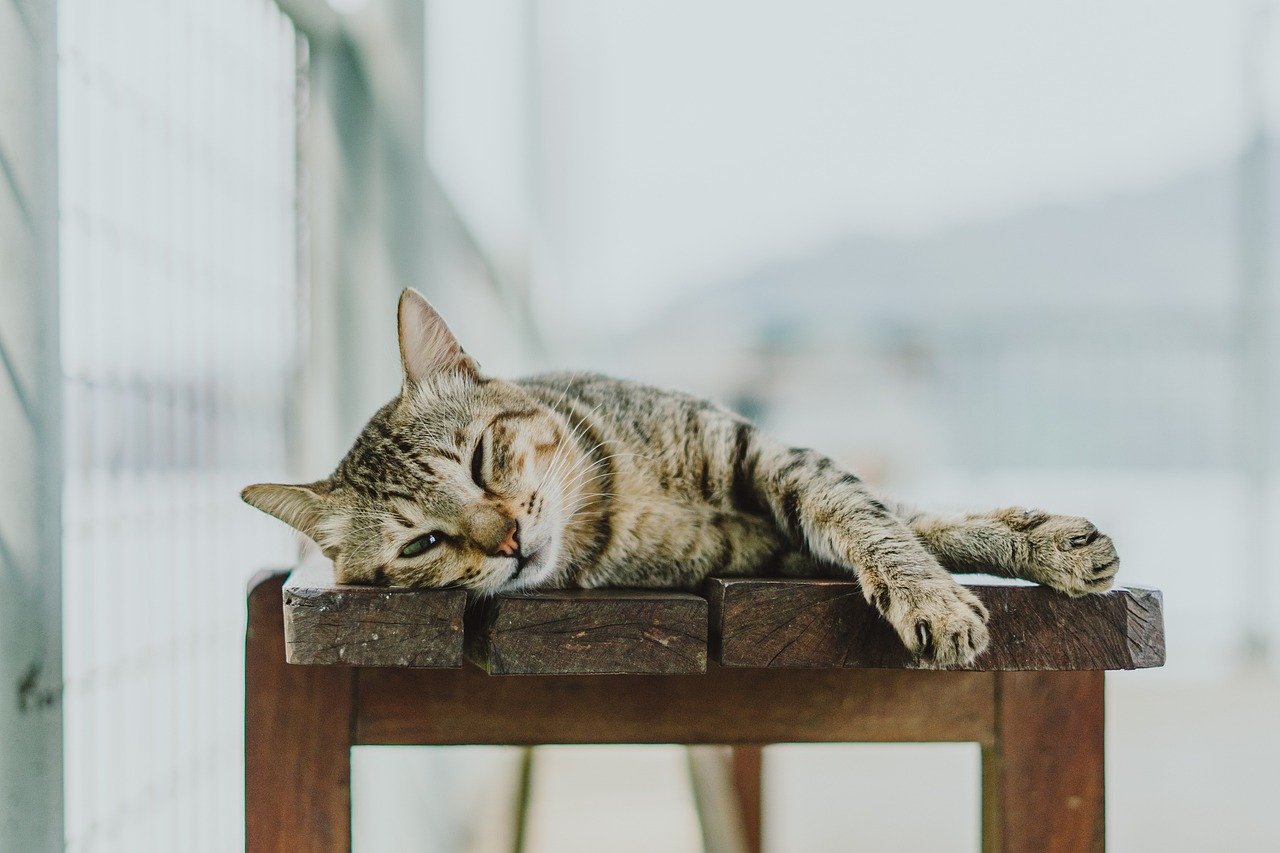
Past traumatic experiences can leave lasting scars on a cat’s psyche. These unresolved traumas can manifest as depression, affecting their daily life. Providing a safe and consistent environment can help them heal over time. Think of it as building trust with a child; patience and understanding go a long way.
12. Seasonal Changes
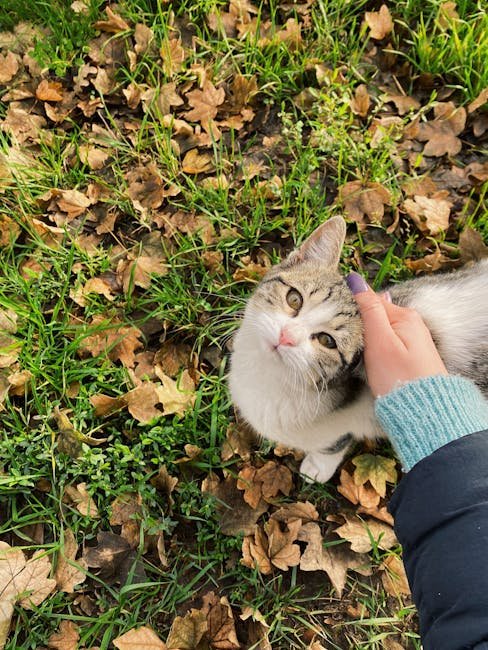
Just as humans experience seasonal affective disorder, cats can also be affected by changes in seasons. Shorter days and longer nights can lead to a dip in their mood. Ensuring they have ample light sources and engaging activities can help combat this seasonal slump. It’s like adding a splash of color to a gray day.
13. Lack of Personal Space
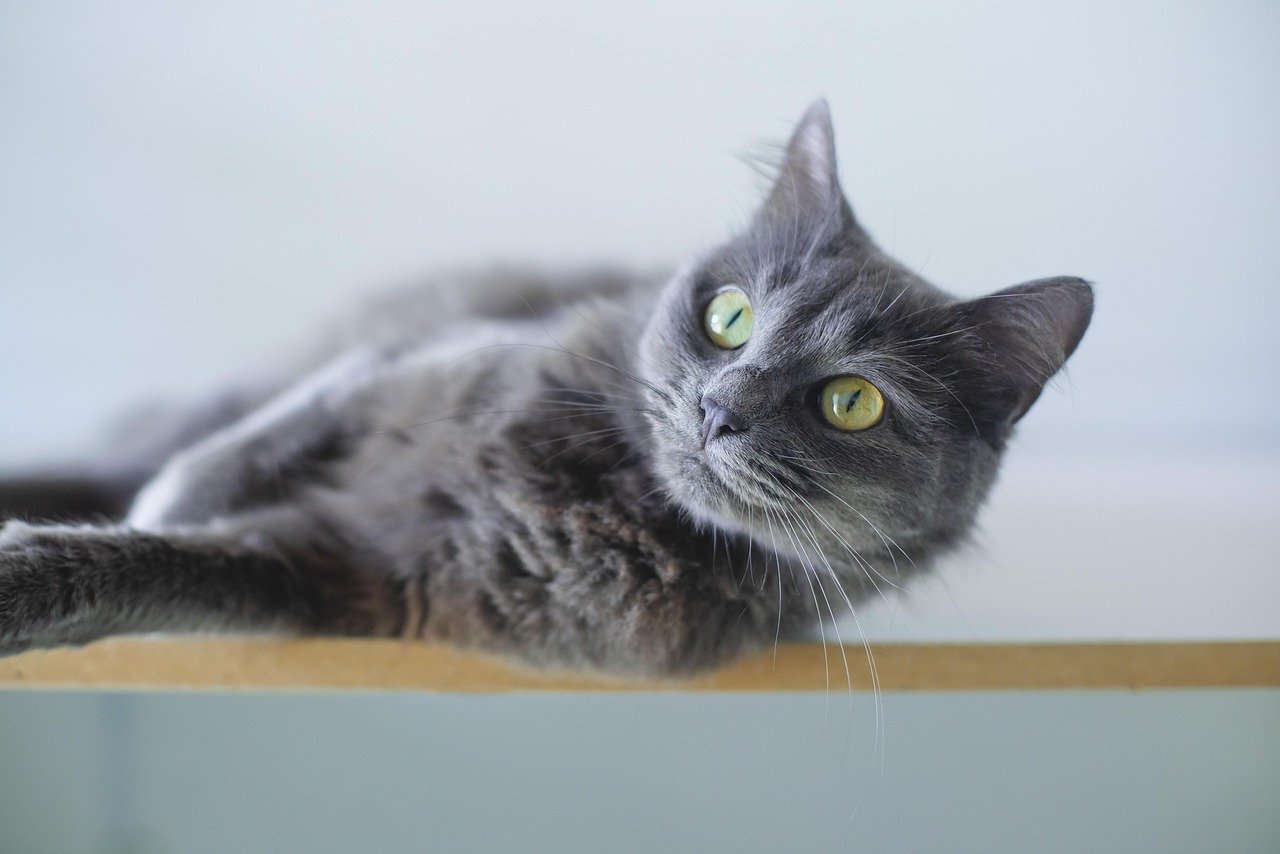
Cats value their independence and personal space. A lack of quiet or retreat areas can make them feel overwhelmed and stressed. Providing cozy nooks or elevated perches can give them the solitude they sometimes crave. It’s akin to having a personal sanctuary where one can unwind.
14. Overstimulation
While stimulation is essential, too much of it can be just as harmful. Constant noise, activity, or attention can overwhelm a cat, leading to stress and depression. Recognizing when they need a break and providing a quiet environment can help them recharge. It’s like needing a moment of silence after a noisy party.
15. Lack of Mental Challenges
Cats are intelligent creatures that thrive on mental challenges. A monotonous routine without any puzzles or interactive toys can leave them feeling unstimulated and bored. Introducing toys that challenge their problem-solving skills can reignite their curiosity. It’s like offering a puzzle to solve; it keeps the mind engaged and active.
Understanding the reasons behind your cat’s depression is the first step towards helping them. Each cat is unique, and what works for one might not work for another. Observing their behavior and providing tailored care can make a significant difference in their emotional well-being. By addressing these potential causes, you can help your feline friend find their way back to a happier and healthier life.

Linnea is a born and bred Swede but spends as much time as possible in Cape Town, South Africa. This is mainly due to Cape Town’s extraordinary scenery, wildlife, and atmosphere (in other words, because Cape Town is heaven on earth.) That being said, Sweden’s majestic forests forever hold a special place in her heart. Linnea spends as much time as she can close to the ocean collecting sea shells or in the park admiring puppies.






